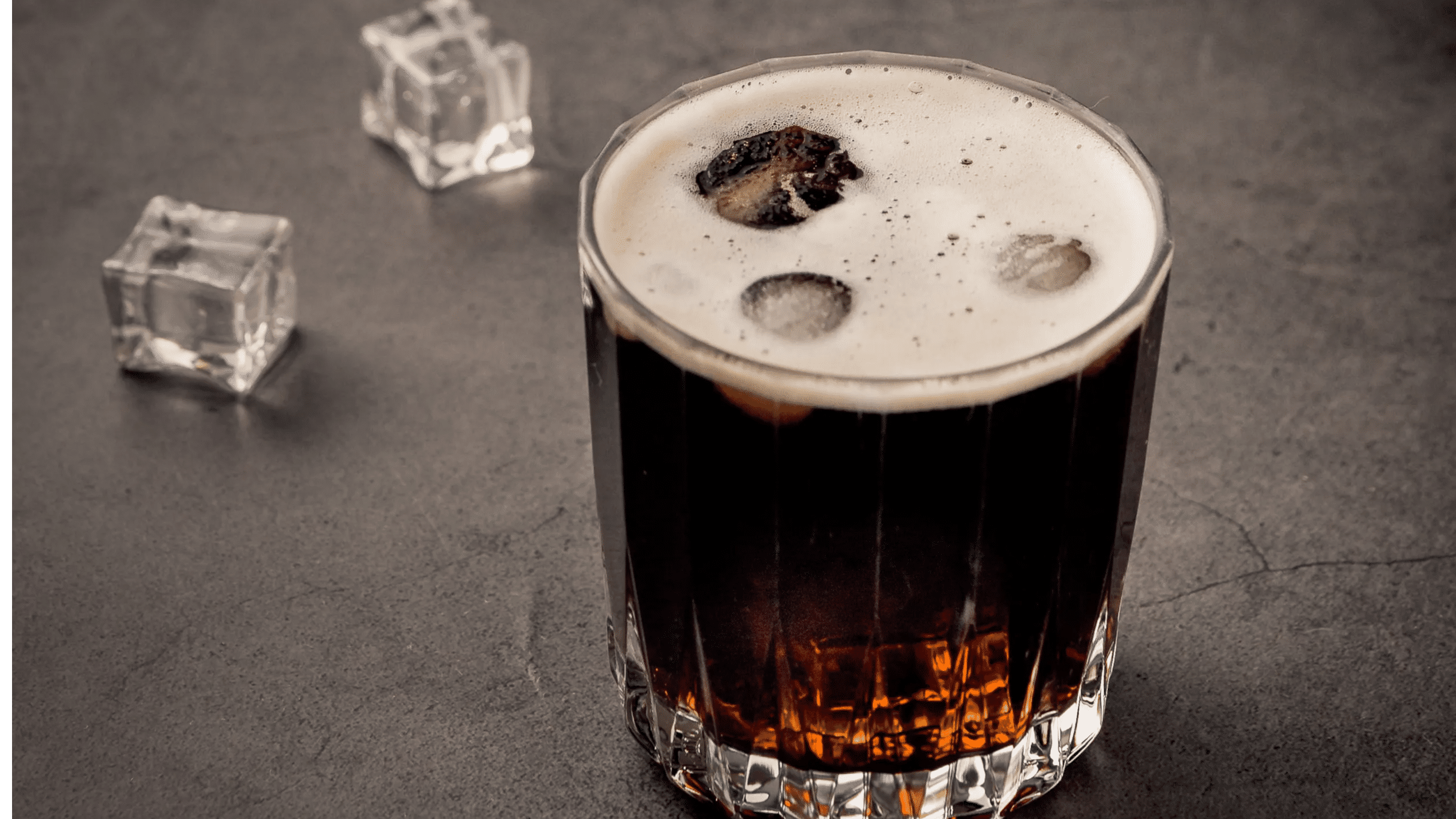Drinking a tiny amount of alcohol each day is said to reduce the risk of another heart attack, stroke or even death, according to a study. “This is not the general population — the study applies to people who have already had something that relates to cardiovascular health,” said alcohol researcher Emmanuela Gakidou.
She added, “And what they find is that if you continue to drink after you’ve had a cardiac event, it’s not that bad for you, as long as you keep consumption low.”
Also Read | ‘Frustrated’ Fauci says the US is going in the wrong direction as COVID cases surge
As per studies, those who drank 105 g of alcohol daily, were more protected against heart diseases and chances of having another heart stroke, as compared to those who did not drink alcohol.
Journal BMC Medicine on Monday said that drinking less than half of the upper limit set by the World Health Organisation for men and women was more beneficial. “Our findings suggest that people with CVD (cardiovascular disease) may not need to stop drinking in order to prevent additional heart attacks, strokes or angina, but that they may wish to consider lowering their weekly alcohol intake,” said study author Chengyi Ding in a statement.
Also Read | Pfizer, AstraZeneca vaccine antibody levels may decline in 2-3 months: Report
However, this is not applicable to everyone. Gakidou said that “drinking alcohol raises the risk for certain diseases such as cirrhosis, tuberculosis and cancer and for alcohol-related accidents and injuries.”
She further added, “If your main health condition risk is cancer, then the safest level of drinking is probably zero..And if you’re younger than 40-years-old or so, the safest level of alcohol is still zero because younger adults die from injuries related to alcohol around the world.”
The Centers for Disease Control and Prevention’s current guidelines “do not recommend that individuals who do not drink alcohol start drinking for any reason.”
Following people should completely avoid any kind of alcohol intake:
- Women who are pregnant or might be pregnant.
- Anyone under the legal age for drinking.
- Anyone planning to drive or do activities that require coordination and alertness.
- People with certain medical conditions, such as liver disease.
- Taking over-the-counter or prescription medications that can interact with alcohol, such as painkillers, sleeping pills, ADHD meds, antibiotics and some blood pressure drugs.
- People who are recovering from an alcohol use disorder or who are unable to control the amount they drink.







